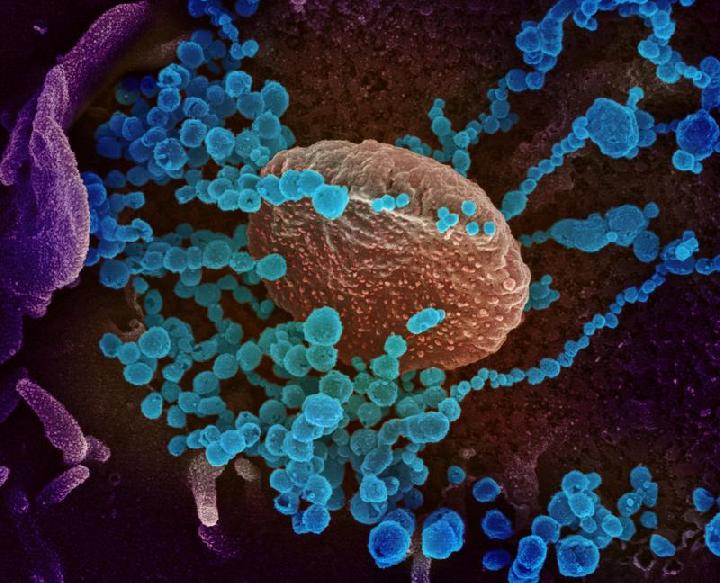
TEMPO.CO, Jakarta - The government must be alert to the potential misuse of state funds allocated for the handling of the Covid-19 pandemic. This crisis must not become a cash cow for corrupt officials and crooked businesspeople.
ALL possible opportunities for embezzlement must be anticipated from the outset, especially since last week President Joko Widodo announced Rp405.1 trillion in funds after declaring a state of health emergency for Indonesia.
Of this huge spending package, Rp75 trillion is for healthcare, including the supply of personal protection equipment for medical and health staff, drugs and other equipment. All of these purchases must be monitored because the urgency and limited stocks could result in a moral hazard. This type of crisis often pushes those responsible for the funds and businesspeople to take short cuts.
There are already indications that the rapid test kits sent to a number of regions are of questionable accuracy. Lobbying from businesspeople close to those in power often leads to mistaken policy decisions. This not only causes the loss of state funds, but at a time of pandemic like this, could also cost lives.
The assistance payments to poor people also need to be monitored closely. The total allocation for this is Rp110 trillion. Even in normal circumstances, direct cash assistance and other forms of welfare payments are almost always misused. In the last decade, dozens of officials and regional heads have been detained for corruption related to this kind of social assistance program. These enormous amounts of money must not lead to a dangerous attitude where people simply do as they please with the funds.
Another aspect that deserves serious attention is the stimulus plan for industry and the economic restoration program. The total allocation for these two programs is Rp220 trillion. This nation had a very bad experience with the Bank Indonesia Liquidity Assistance program following the 1997-1998 economic crisis, when 48 banks received cash injections totaling Rp144.5 trillion to overcome liquidity problems. However, some of these funds were embezzled. Instead of saving the economy, these trillions of rupiah actually made the crisis more protracted.
We know that the world is in the midst of an extraordinary crisis. Many economic activities have ground to a halt, social interaction is now limited and there are no signs of an end to the Covid-19 pandemic. With this state of affairs, the government needs to draw up regulations that make it possible for the apparatus of state to move rapidly in handling the crisis. But these regulations must not open the door to abuses that could result in losses to the state.
One of these provisions now under the spotlight is article 27 of Government Regulation in lieu of law No. 1/2020 on State financial obligations and the stability of the financial system to deal with the Covid-19 pandemic. This article protects officials involved in emergency spending from prosecution. Paragraph one of this article states that any spending during this crisis “does not constitute losses to the state.” This type of provision is highly likely to lead to improper use of state funds, especially since the Corruption Eradication Commission is no longer functioning following the revision to the anti-corruption law and the replacement of the institution’s leadership.
Ideally, regulations should not only depend on the good intentions of state officials. Although Finance Minister Sri Mulyani has promised to do her best to oversee state spending, there will always be loopholes. Therefore, a funding mechanism is needed that not only guarantees that the process is rapid, but also that it is transparent and accountable. The public must be given the opportunity to participate in this oversight.
Transparency is the vital key here. The government must be transparent about all the processes, channels and track records of companies involved in fighting this coronavirus pandemic. The public must be able to monitor the flows of assistance funds for the poor. Only this way will the government be able to prevent freeloaders helping themselves to Covid-19 emergency spending.
The programs to deal with the coronavirus pandemic are a matter of life and death for the people and for the future of this country. The ability of the government to provide the equipment and requirements of hospitals on the frontline for a reasonable price, but that is still effective and timely, is crucial. This will not only determine our success in fighting Covid-19, but will also guarantee the continuation of state governance that is clean for the sake of social justice for all the people of Indonesia.
Read the Complete Story in this Week's Edition of Tempo English Magazine























